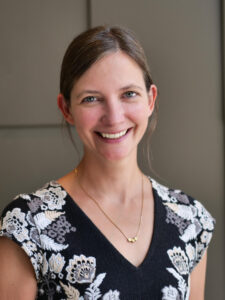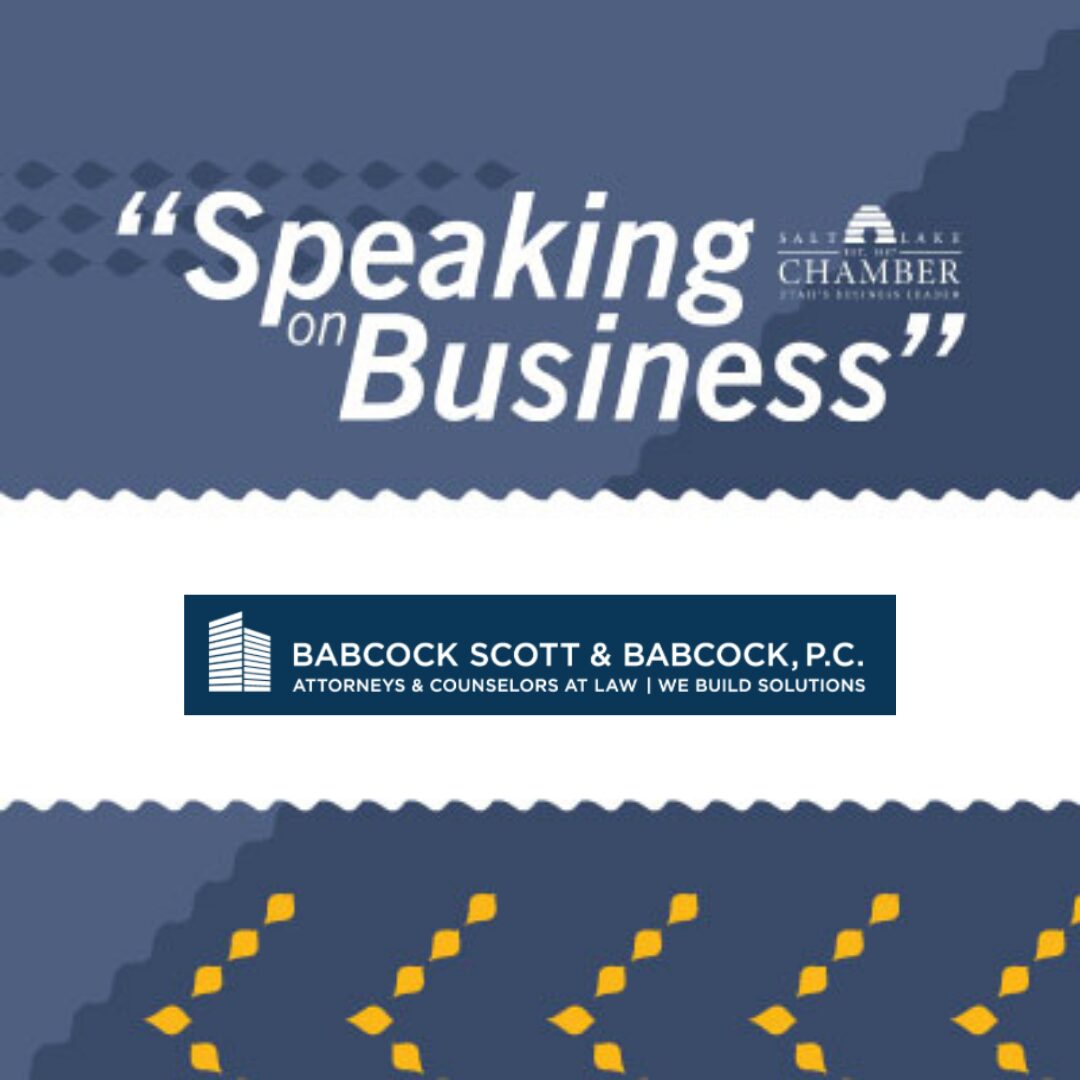The need to take on more work, volunteering to do “extra credit homework” projects and being “busy” is often praised as a good thing and a status symbol. However, it isn’t always a good thing for our work and productivity, along with our overall health. According to research, “multitasking reduces productivity by as much as 40 percent.”(1) The busier we are, the greater the need for knowing when to accept or decline requests that take time and energy.
How do we say “no” or “un-volunteer” to work in our personal and professional lives to improve our overall health and well-being? How do we do so while not being labeled as “difficult to work with” or “not a team player”? Here are some ways to go about having your “no” accepted:
Set boundaries
It’s important to first listen, ask questions to understand the request, and evaluate what work is being asked. What’s the time commitment and scope of the request? Is it a small or long-term project? Think about your workload and if this is something you need to support and if other priorities need to shift because of the importance of the project, or if this is something another colleague can work on or assist you with.
“Being vulnerable does not mean being a completely open book and taking down walls. On the contrary, setting boundaries for yourself and your team can help set an environment for trust,”(2) said Brené Brown.
Understanding the request builds trust and allows you to communicate why you can or can’t support the project. It’s not easy to be straightforward, candid, and clear about why you’re saying no, but important to do in setting boundaries. Give examples of why (could be due to workload and bandwidth) you would be unable to do your best work on the project and other work would suffer. Providing context and suggesting other alternatives is helpful.
Be empathic
In Brené Brown’s book Dare to Lead, she says, “Empathy is not relating to an experience, it’s connecting to what someone is feeling about an experience.” Having empathy for another person is understanding their thoughts and feelings from their viewpoint, rather than your own.
A recent example for me is having a friend dealing with some very personal and family challenges. Personally, I felt I should do more with all she’s experiencing. My initial reaction was to do something and take on more to try and help. However, something that I’ve learned is that I must first take care of my well-being and then my family. In that situation, I practiced empathy while setting boundaries by actively listening and connecting with her in our conversations with empathy statements to provide calmness: “This must be very difficult for you, I feel for you,” “I am here for you no matter what,” and “This is a tough situation, and you are handling it well.”
A professional example is being asked to do more at work, when you’re already taking on more responsibilities than you should be. I know I’m not alone in this example. Recently, a colleague reached out requesting support on a project. I listened to his request and expressed how I understood how important the project is but needed to be honest in my work and well-being. My response was “Unfortunately, I had other commitments that prevent me from helping you.” My colleague was polite to my answer, and hopefully felt respected, heard, and valued when I “un-volunteered” myself.
Practice
In all we do, from learning a new instrument, being a better parent, employee, or partner, to improving cooking skills or healthy habits, these all take practice and time. Just like saying no.
Steve Jobs said, “It’s only by saying NO that you can concentrate on the things that are really important.”
Practice saying no to low-risk situations. For example, when a server asks if you want an appetizer or when someone tries to sell you something at a store. Another idea is to practice saying no out loud by yourself multiple times, this will help build strength in saying no. Listen to your tone, be clear, and have courage.
Warren Buffet has said, “The difference between successful people and really successful people is that really successful people say no to almost everything.” I like this quote because it reiterates how important it is to say no and that it’s okay to do so. Take time to evaluate requests from others and be selective in what you say yes to in becoming your best self. Allow yourself to set boundaries, be empathic in your response, and practice saying no, because “no” is an acceptable response and sometimes the right thing to do.
References:
- HBR, Time Management, Beware a Culture of Busyness https://hbr.org/2023/03/beware-a-culture-of-busyness March-April 2023
- Brené Brown, Dare to Lead: Brave Work. Tough Conversations. Whole Hearts.
About the Writer: Lori B. Williams, MBA
Lori Williams, MPA, is an associate director of marketing for University of Utah Health. For the past 16 years, she has worked in marketing and communications in the health care and education industries. She has created and led successful marketing and communications strategies and campaigns. These include the rebrand initiative for U of U Health, along with launching a new hospital Craig H. Neilsen Rehabilitation Hospital and Huntsman Mental Health Institute, Breast Assured, Vas Madness and Here for Every Body. Lori, a Cali girl, is a transplant to Utah; you can find her on the ski slopes in the winter and spending quality time with her husband and two lively sons, which are her pride and joy. She is fro-yo fanatic, adventure seeker and enjoys learning from others. Connect with her on Twitter: @lorib_williams.



